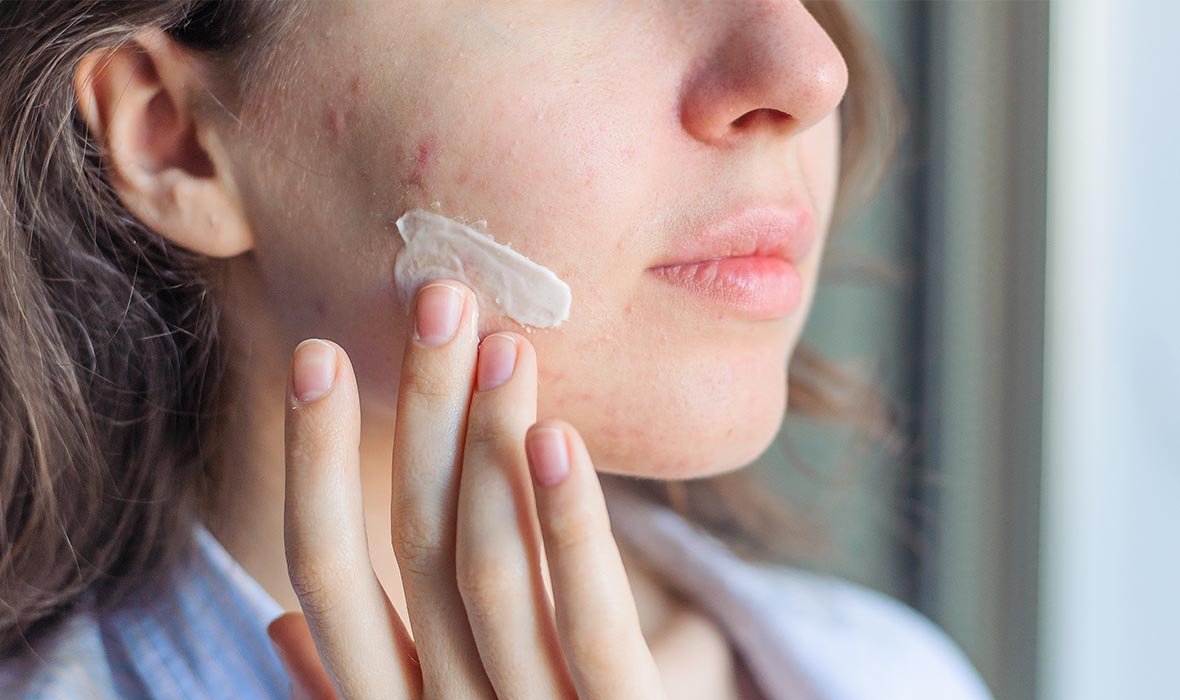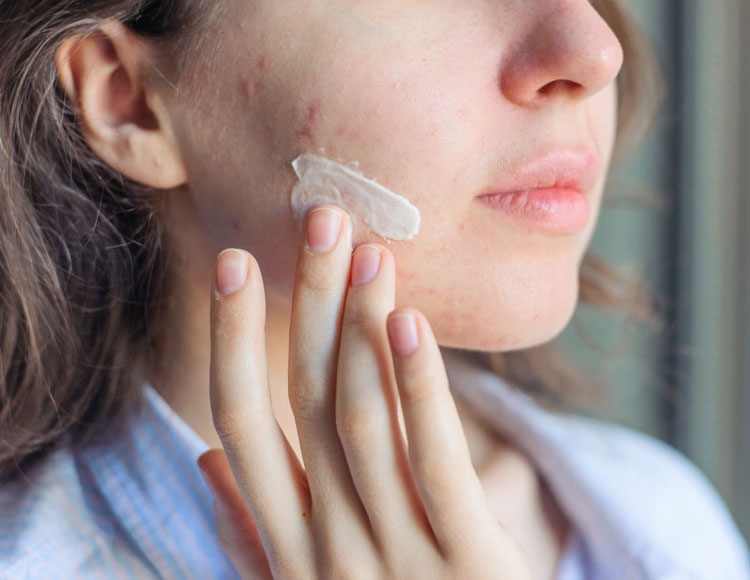When it comes to our skin, we often put so much attention on the treatments we put on our skin that we forget about the things we’re putting inside our body that may affect our acne. Once upon a time, people believed that you should avoid french fries and chocolate at all costs if you wanted clear skin. These days, we know those foods don’t necessarily cause acne. Still, some foods have properties that can trigger diet-related acne. Overall, diet plays a role in how our body functions, especially when it comes to our largest organ — our skin.
While few experts believe diet is the primary cause of acne, it’s still important to be aware of how some foods in your diet and acne are linked. Here are a few pointers that could help you determine if your diet is triggering your outbreaks.
Foods that may cause acne
While it’s a myth that the grease in foods like pizza and french fries cause breakouts (grease doesn’t leak from your stomach through your skin), there is something to be said for eating clean. Some foods, like dairy, sugar, saturated fats, trans fats, and carbohydrates, may increase the likelihood of a breakout. That’s because the carbs found in sugary, starchy, or processed foods are high on the glycemic index. That means they spike your blood glucose levels and signal your pancreas to create more insulin. Too much insulin has the potential to cause many problems, including acne. According to the American Diabetes Association, we should eat the following high-carb foods in moderation:
Diet changes for acne
Given how everyone’s body is so different, it’s not guaranteed that a change in diet will show on your skin. And given that, dietary changes may take weeks or even months to show on your largest outer organ (that’s your skin, of course).
If you’re interested in changing your diet to see if it has a positive effect on your skin, the best way is to use a food diary. Tracking your diet and acne for 1-2 months may help you identify whether certain foods cause your breakouts. If you suspect a particular food is causing your acne, eliminate it from your diet for 3-4 weeks to see if you notice an improvement in your skin. If your outbreaks lessen, that food is likely a trigger and you should either remove it from your diet or eat it in moderation moving forward.
Foods for clear skin
When you want to make diet changes for acne, it’s crucial to understand that what works for one person may not work for you. Everyone’s physical makeup is different, and it can take a little trial and error with your diet to see what works and what doesn’t. Of course, always consider any food allergies, sensitivities, or triggers when planning an anti-acne diet.
If you’re not sure where to start, add the following foods to your diet to help improve your acne.
Vitamin A-rich foods
Vitamin A, a natural antioxidant that plays a role in cell functionality, fights toxins and free radicals and promotes the normal shedding of dead skin cell build-up inside the pores. Add vitamin A-rich foods to your diet, such as sweet potatoes, carrots, dark leafy greens, winter squashes, bell peppers, fish, and tropical fruits.






